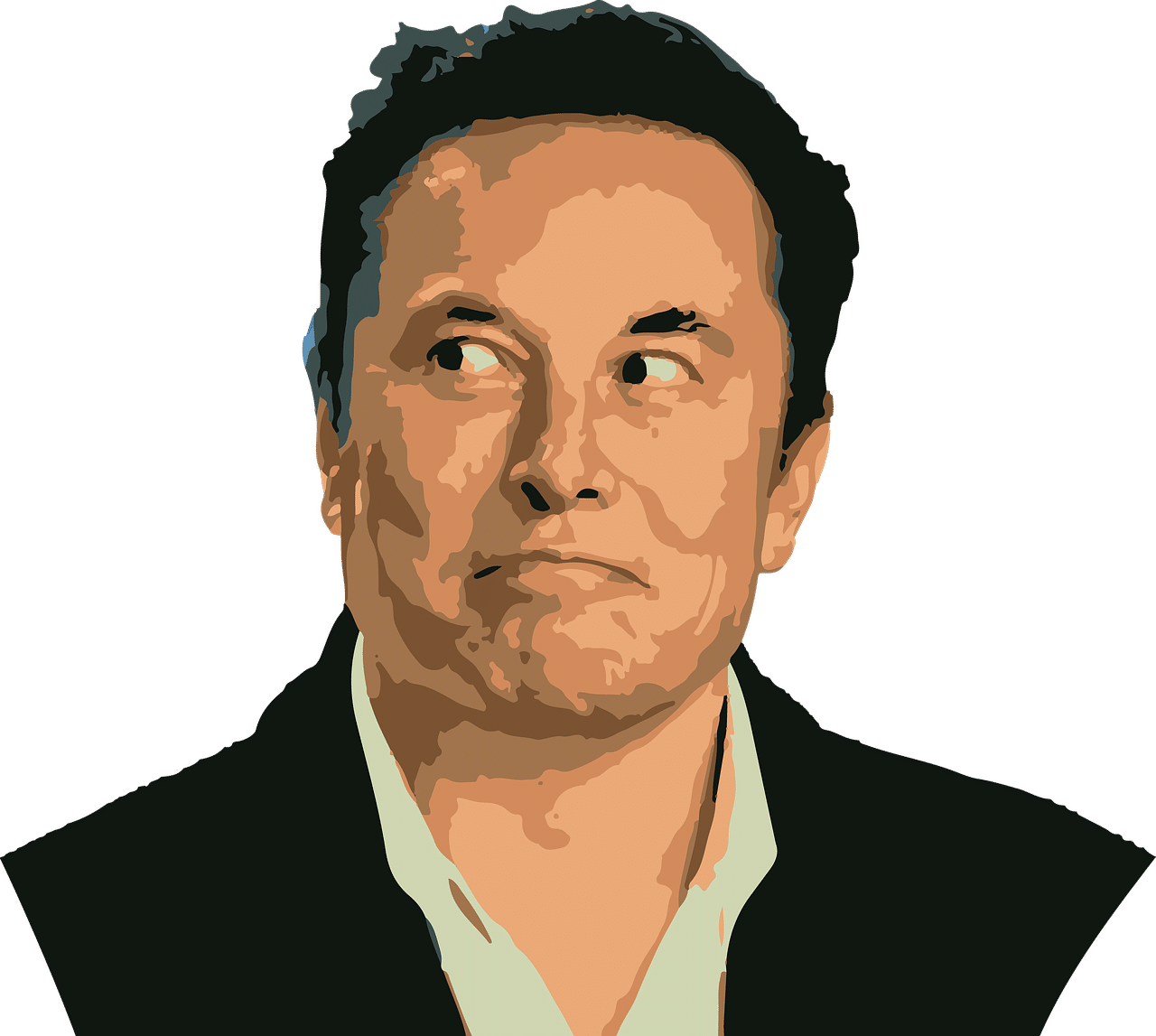
Before the pandemic, at the end of 2019, Elon Musk announced that within a year he would be able to present a humanoid robot designed using the same technology as Tesla cars, named the Tesla Bot, with five fingers on each hand, an androgynous silhouette and capable of performing repetitive tasks.
He’s already calling Tesla cars semi-conscious robots on wheels with an onboard computer dedicated to autonomous driving, claiming for those sceptical of humanoid robots that the Tesla Bot will be 100% friendly.

The portrait of Elon Musk truly resembles the archetypal American self-made man, that of an immigrant from South Africa who made his fortune in high-tech in California with X.com and then PayPal, which he sold to reinvest in sometimes mind-boggling projects, then suffered major setbacks only to bounce back and ultimately win his bets.
But beyond the entrepreneurial success lies the psychological profile of the individual, characterized by a powerful ego, the dream of being some kind of messiah, an extraordinary capacity for work, controlled and uncontrolled slips, taking Ambien sleeping pills to force himself to rest and Asperger’s disease, which he recently revealed on Saturday Night Show. Elon Musk is also characterized by a desire for revenge against the leaders of the traditional automotive and space industries, who did not believe in his abilities, and even denigrated him, when he presented himself to them at the start of his career. Elon Musk succeeded against an entire polluting industry that saw him as a UFO, but he silenced them with incredible force.

The man has used these misadventures to come back stronger, whether it’s his Tesla cars, long compared to improved lawnmowers before the Tesla 3 became the world’s best-selling electric car, or his rockets, which are now crushing the competition.
The fundamental difference between him and his main competitors, Jeff Bezos, Mark Zuckerberg or Richard Branson, is his ability to create a bridge between the traditional low-tech industry and the virtual reality and artificial intelligence industry.
Elon Musk has the obsessive side of Steve Jobs, the visionary side of Howard Hughes and the over-the-top side of Citizen Kane. At SpaceX headquarters in the suburbs of Los Angeles, two giant posters of the planet Mars are visible before you reach Elon Musk’s office.
One shows the planet as it is today, uninhabited, red and rather hostile, while the other depicts the planet as it could become when made habitable, with vegetation and oceans. These posters are an unconcealed reference to the Martian trilogy, books by Kim Stanley Robinson, one of Elon Musk’s favorite literary works along with The Lord of the Rings, The Galactic Traveler’s Guide and The Foundation Cycle.
When you understand Elon Musk’s obsession with Mars, you understand the whole dynamic he’s built around rockets, electric vehicles, solar panels, tunnels and satellite internet. For him, humanity has no choice but to respect the planet Earth and all other planets. He’s an enlightened and pragmatic ecologist, putting his dreams into practice.
Elon Musk’s dream will come true with SpaceX to travel to Mars, with Solar City, merged with Tesla in 2016, to generate energy on the planet with solar panels and stationary batteries, with Tesla to enable autonomous travel through tunnels built to escape external radiation, and with Starlink to provide Mars with internet access.




